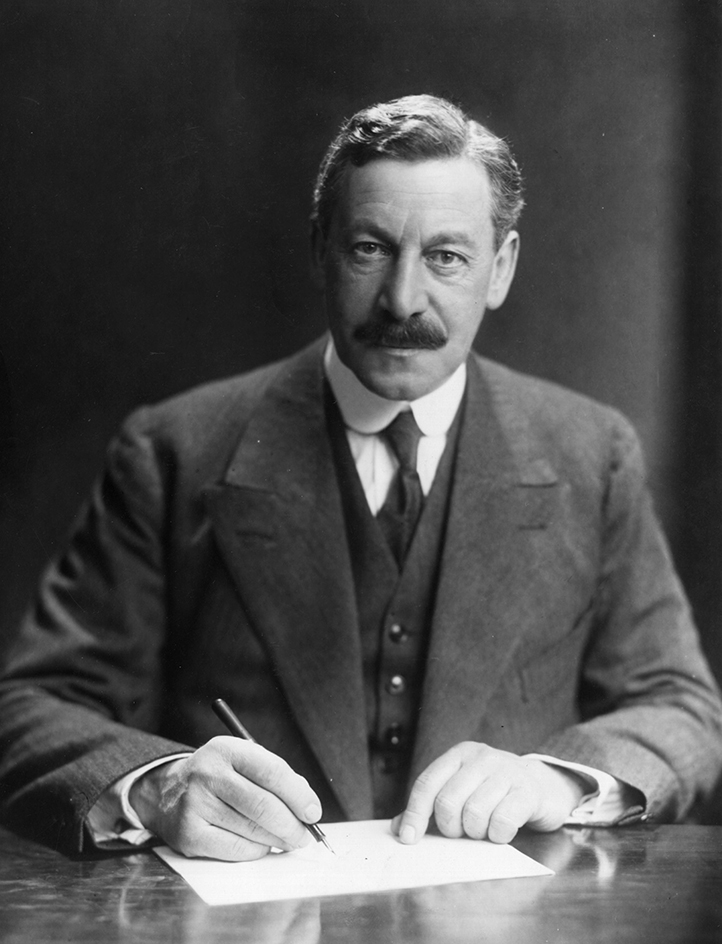Samuel, Viscount (1870-1963), was a British politician, statesman, and author. He supported the creation of a Jewish national home and served as the first high commissioner (head of government) in British-controlled Palestine. Samuel was an important leader of the Liberal Party. He was also a popular writer and broadcaster.

Herbert Louis Samuel was born in Liverpool, England, on Nov. 6, 1870. The son of a prosperous Jewish banker, Samuel studied at Balliol College, Oxford University. He first won election to the House of Commons in 1902. Samuel earned a reputation as a capable minister in the governments of Sir Henry Campbell-Bannerman (1905-1908) and Herbert H. Asquith (1908-1916).
Samuel helped persuade the British government to issue the Balfour Declaration in 1917. This document declared that the United Kingdom supported establishing a “national home” for Jews in Palestine. At a conference in San Remo, Italy, in 1920, representatives of Belgium, France, Greece, Italy, Japan, and the United Kingdom approved a British mandate (order to rule) over Palestine, under the aegis (sponsorship) of the League of Nations. The British government appointed Samuel as the high commissioner. Samuel laid the foundations for the Jewish national home and added Transjordan (now Jordan) to the Palestine mandate.
Samuel returned to the United Kingdom in 1925 and headed a royal commission on problems in the British coal industry. From 1931 to 1935, he served as leader of the Liberal Party. In 1937, he received the title Viscount Samuel and entered the House of Lords. He led the Liberal members of the House of Lords from 1944 to 1955.
Samuel wrote many books and articles. His most notable works include Belief and Action (1937), a philosophical work that became a best seller; the novel An Unknown Land (1942); and his Memoirs (1945). Samuel appeared frequently on political discussion programs on both radio and television. Samuel died in London on Feb. 5, 1963.
